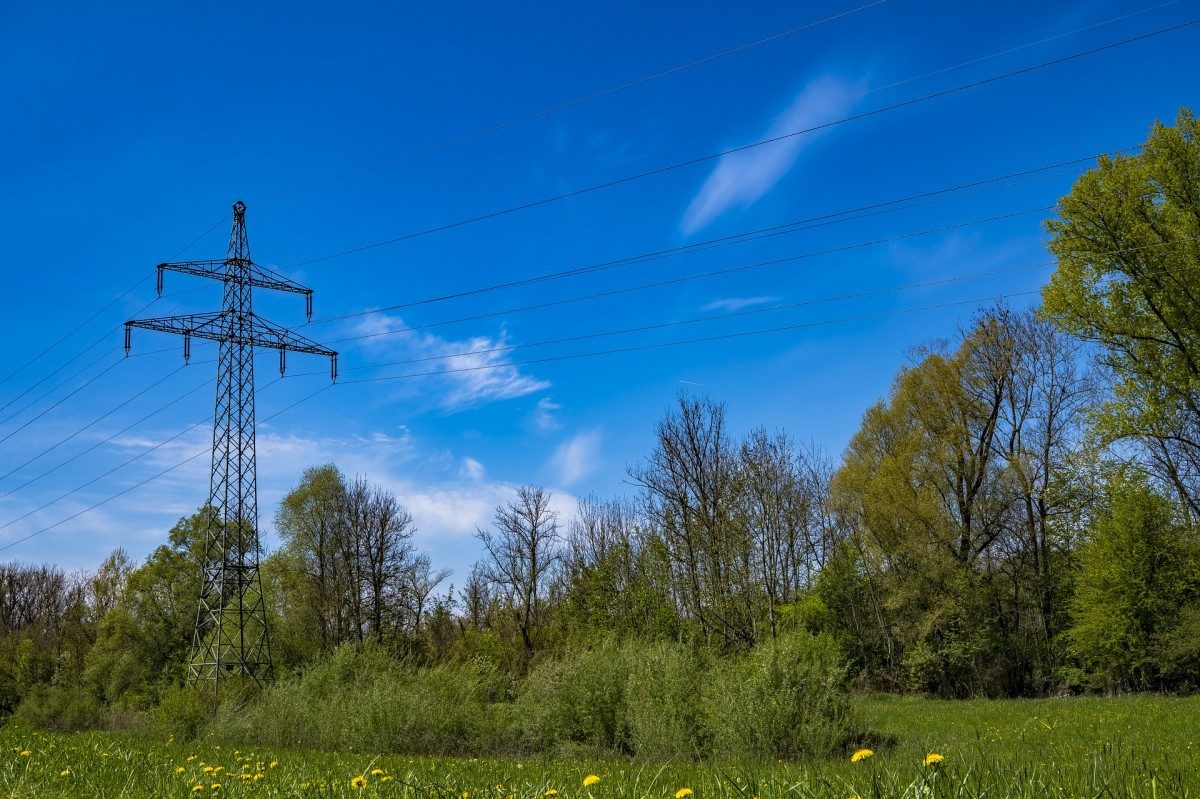
Op-ed: Opposing ideas can and should co-exist in our energy policy
The following is an op-ed written by Nazim Cicek, professor and associate head of the department of biosystems engineering. It was originally published in the Winnipeg Free Press on April 27, 2018.
F. Scott Fitzgerald, one of the most prominent writers of the early 20th century and author of novels such as The Great Gatsby and This Side of Paradise, once observed that “the test of a first-rate intelligence is the ability to hold two opposed ideas in mind at the same time and still retain the ability to function.”
Fitzgerald’s quote came to mind recently, when two provincial ministers made seemingly contradictory statements on the same day regarding the future of electricity in Manitoba. Crown Services Minister Cliff Cullen stated that the provincial target was to reduce electricity consumption by 1.5 per cent and natural gas consumption by 0.75 per cent annually, over the next 15 years. Sustainable Development Minister Rochelle Squires, meanwhile, stated there were excellent ongoing discussions around increasing use of electricity through the electrification of transportation. Both targets were justified (correctly) on the basis of saving greenhouse gas emissions.
So, on one hand, we need to reduce electricity and natural gas consumption of current systems, while, on the other, we need to increase electricity usage by aggressively displacing imported fossil fuels with local electricity. At first glance, these might appear opposing ideas, but with further reflection, it is clear that they can and should co-exist. As a matter of fact, savings from the first concept should make implementation of the second more feasible.
Reducing energy consumption is an important goal for any society, as it results in higher efficiency and productivity across all sectors. Manitobans are keenly aware of their utility bills and driving-fuel costs and if savings can be had, they are supportive.
To this end, Manitoba Hydro’s Power Smart program has had impressive results since its inception in 1989, with cumulative savings of 820 megawatts (MW) in electricity and 114 million cubic metres of natural gas by the end of 2016. To put that into perspective, the controversial new Keeyask Hydroelectric Generation Station will add 695 MW of capacity to the grid. Total residential usage of natural gas in Manitoba was around 1.4 million cubic metres per day in 2016.
Whether or not future reductions can be better achieved through Manitoba Hydro or a standalone Crown corporation (Efficiency Manitoba) is a separate discussion. Energy savings from efficiency gains will benefit all Manitobans by reducing pressure on utility bills and freeing up surplus renewable electricity capacity that could be used to attract electricity-intensive new industries and jobs.
Such industries could include advanced manufacturing, urban and northern agriculture (including cannabis cultivation), electrolysis-driven fertilizer production, value-added food and fibre processing, blockchain-based services, software developers and computer server farms.
This is where increased usage of electricity to displace gasoline, diesel and natural gas also comes into play. As efficiency savings are achieved and new hydro capacity comes online in the next few years, local transition into electric transportation and heating becomes more attractive. Added to this is the aggressively dropping cost of renewable energy, making future expansion of renewable electricity capacity easier, but export sales more challenging.
Recent news (Dec. 13, 2017) from the Alberta renewable energy auction for 600 MW of additional electricity generation revealed that the average cost will be 3.7 cents per kilowatt hour (kWh) over 20-year contracts with wind energy developers. This represents a new low for renewable electricity in Canada by a large margin and compares well with the 8.1 cents per kWh residential customers and five cents per kWh large-power customers currently pay in Winnipeg.
According to the U.S. Bureau of Labor Statistics, the two fastest growing occupations in the U.S. are “solar panel installers” and “wind turbine service technician,” at more than double the rate of the next fastest growing occupation (“home health aides”). The most rapidly declining occupations are “locomotive firers” followed by “respiratory therapy technicians.” Now if that’s not a sure sign of our times, I don’t know what is.
Albert Einstein has his own definition: “The true sign of intelligence is not knowledge but imagination.” Let’s imagine a smarter Manitoba, where increased domestic usage of clean electricity firmly places Manitoba Hydro and the province on a sustainable path.






